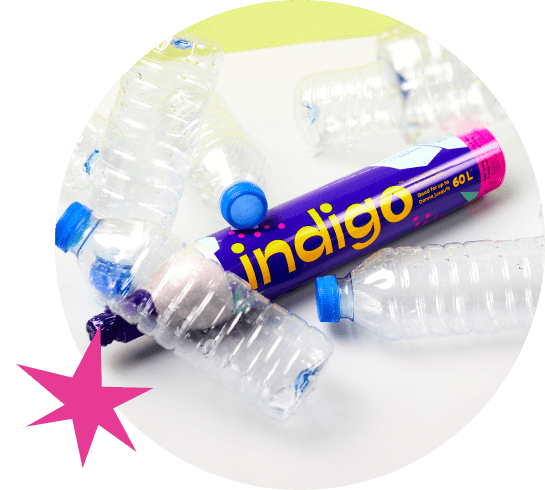Made at Home or Purchased In-Store: Which Bubbles are More Eco-Friendly?
Find out how making your own carbonated water can reduce your carbon footprint and reduce plastic waste. This article compares the environmental benefits of homemade carbonated water versus store-bought options.

Sparkling water and the environment
For many of us, carbonated water is a bubbly pleasure, but it may also raise some questions about its impact on the environment. Ecological considerations generally amount to choosing between the convenience of store-bought sparkling water and the more hands-on approach of carbonating water at home.
Reducing plastic waste
Using home carbonation machines with refillable CO2 cylinders offers many advantages for the environment by significantly reducing plastic waste. A single reusable bottle for a carbonation machine replaces hundreds of plastic bottles purchased in-store. More precisely, each cylinder produces up to 60 litres of sparkling water, and that’s without creating any additional waste.
Minimizing the carbon footprint
Let’s look at carbon footprints: Transporting bottles of carbonated water from the manufacturer to the retailer, and then to the consumer significantly contributes to greenhouse gas emissions. Making carbonated water at home, on the other hand, eliminates this chain of transportation almost entirely, which in turn reduces the carbon footprint of the beverage.
Sustainability and energy efficiency
The CO2 cylinders used in the carbonation process at home can be exchanged and refilled, which extends their life cycles and minimizes waste. In fact, each cylinder can be cleaned, refilled, and redistributed for several years, as opposed to cans or bottles which can’t be reused, and which require considerable material and energy resources to manufacture.
Carbonated water, a conscientious choice for a healthier environment
It’s important to consider both the CO2 source and the energy efficiency of the carbonation machine being used. An analysis of the complete life cycle can help determine if the home option is truly more sustainable, depending on these factors.
In conclusion, home carbonation is a more sustainable option than purchasing carbonated water in-store because it reduces our reliance on single-use packaging and minimizes our carbon footprint. It’s a simple choice that can have a significant positive environmental impact and which allows everyone to enjoy the sparkle and freshness of carbonated water.